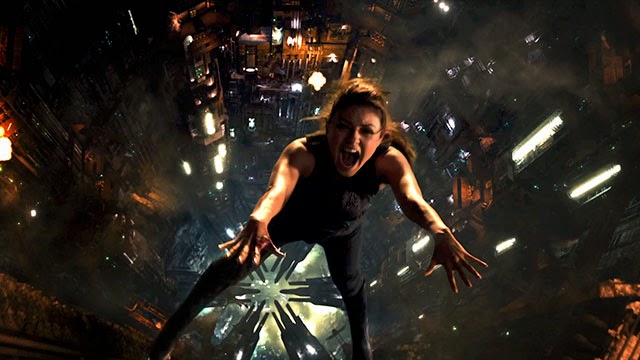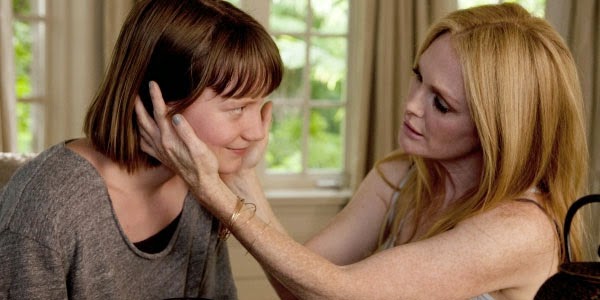How much is a human life worth? Apparently, it depends on the life. That would certainly be the embittered response of Human Capital, Paolo Virzi’s dark, disquieting drama of entitlement and despair. A jaundiced look at the intractable divisions between the careless haves and the dejected have-nots, it aspires to fuse caustic social criticism with old-fashioned melodrama. On the one hand, it is a polemic, a poisoned arrow aimed at the heart of the new world order; on the other, it is a whodunit, a crime mystery of slippery suspense. These are lofty twin goals, and it’s no surprise that Human Capital never quite realizes its potential on either front. But even if its reach exceeds its grasp, the movie is consistently engaging, with enough intriguing ideas and interesting storytelling to draw you into its crisscrossing web of human ugliness.
The movie opens with a fateful incident: After some waitstaff clean up the crumbs following a posh event, one of them glumly clambers onto his bicycle, pedals off toward home, and suddenly gets run off the road by a burly black SUV. From there, Human Capital flashes back six months and replays the events leading up to this hit-and-run from the perspectives of three different characters. The first is Dino (an excellent Fabrizio Bentivoglio), a middle-class real estate broker with a newly pregnant wife, Roberta (Valeria Golino—yes, that Valeria Golino, from Rain Man and Hot Shots!), and a teenage daughter, Serena (Matilde Gioli, very good). One sunny day, Dino drops Serena off at her boyfriend’s house—a palatial estate with its own clay tennis courts and indoor pool owned by Giovanni (Fabrizio Gifuni)—and, seduced by the opulence towering before him, decides to invest his life savings (and then some) in Giovanni’s “can’t-lose” hedge fund. The second main character is Giovanni’s wife, Carla (Valeria Bruni Tedeschi), a dilettantish former actress who hopes to use her husband’s bottomless cash flow to renovate a defunct local theater. And the third is Serena herself, a restless young woman who has grown disenchanted with Giovanni’s buffoonish son, Massimiliano (Guglielmo Pinelli), and finds herself drawn instead to Luca (Giovanni Anzaldo), an outcast with a sensitive soul and unstable temperament. Read More





